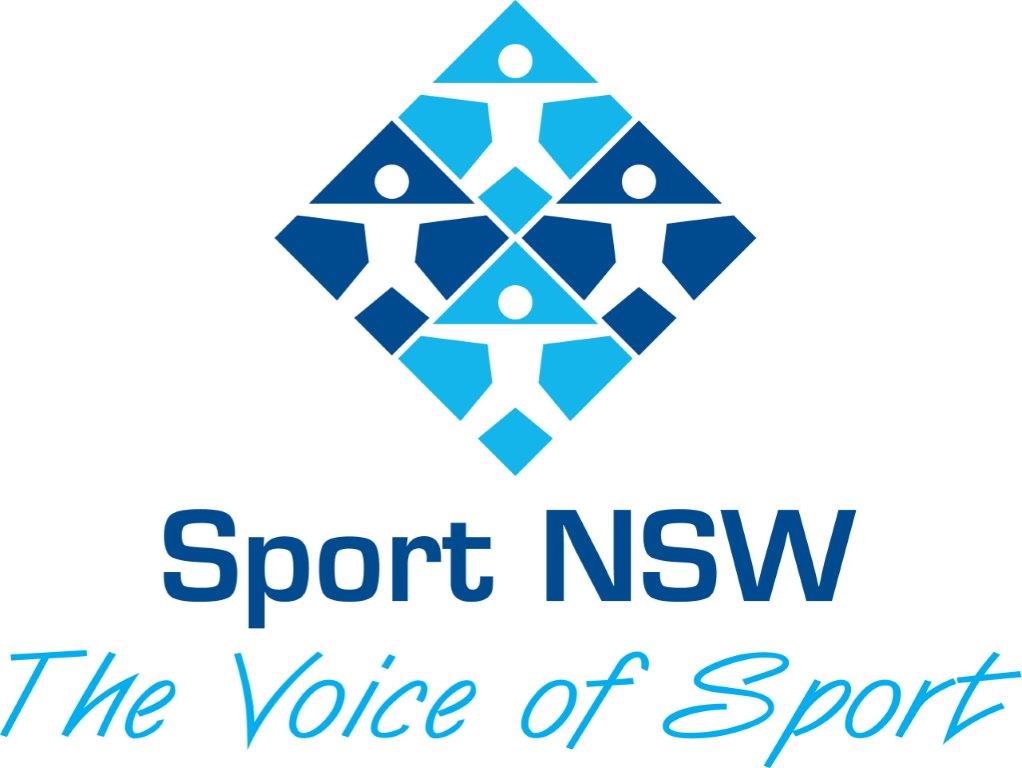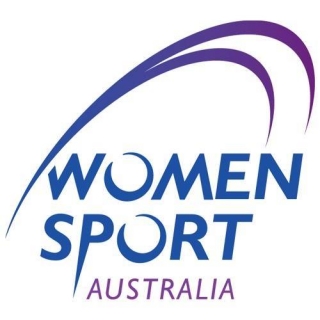Back in 2015 I felt compelled to write a piece as a comment on what I saw as misplaced, irresponsible and blatantly incorrect media speculation on pending executive appointments in sport.
We have all seen the great misinformed claiming “reliable sources” naming names but invariably getting it horribly wrong. What is overlooked is the likely collateral damage caused to those named candidates, potentially harming or even ruining careers. And once named it doesn’t matter whether they are a candidate or not, as the damage is already done.
Earlier this month I was told “The Mole”, an anonymous journalist on nine.com.au had written a piece claiming former Kangaroo Craig Young was to be appointed as the St George Illawarra Dragons CEO. According to the article “Dragon fans are preparing to launch a full-scale revolt” and the writer had been “inundated with messages from irate fans”.
In response and no doubt to shut down the scuttlebutt, the Dragons issued a short, but unequivocal message on Twitter: “Hello sports fans. Craig Young hasn’t applied nor is he being considered for the CEO role”. And, as Sportspeople Recruitment worked with the St George Illawarra Dragons CEO Selection Panel on the process, I can say with absolute authority The Mole was wrong. 100% percent.
There’s plenty more examples of reckless candidate speculation I can recall over these past 24 years; and in each case I have to question whether the journalist (or the Editor) has applied the public interest test before deciding to cover a story.
The candidates applying for the vast majority of roles in sport are not “public figures” by any stretch of the imagination. So, does the public have a right to know who has applied for a particular role? Does anyone, other than those directly impacted by the appointment really care anyway?
What concerns me most though is the possible career implications for any person publicly named as a candidate, whether correct or not. There will always be collateral damage from this misinformation and it is a result of sloppy, unprofessional journalism.
Every candidate has the basic right to expect their job application is confidential and remains so throughout the entire recruitment process. What recourse does a person have when they are incorrectly named as a candidate? How does an employee answer a “please explain” demand from their employer after they’ve been named as a candidate for another job? How might this “naming” impact on the career of the employee?
There are real life implications in play here and everyone in the selection “chain” has to understand how important it is to protect the confidentiality of each and every candidate. And those not involved in the selection process should simply wait until the announcement is made.
Robert McMurtrie, People Recruitment Group





